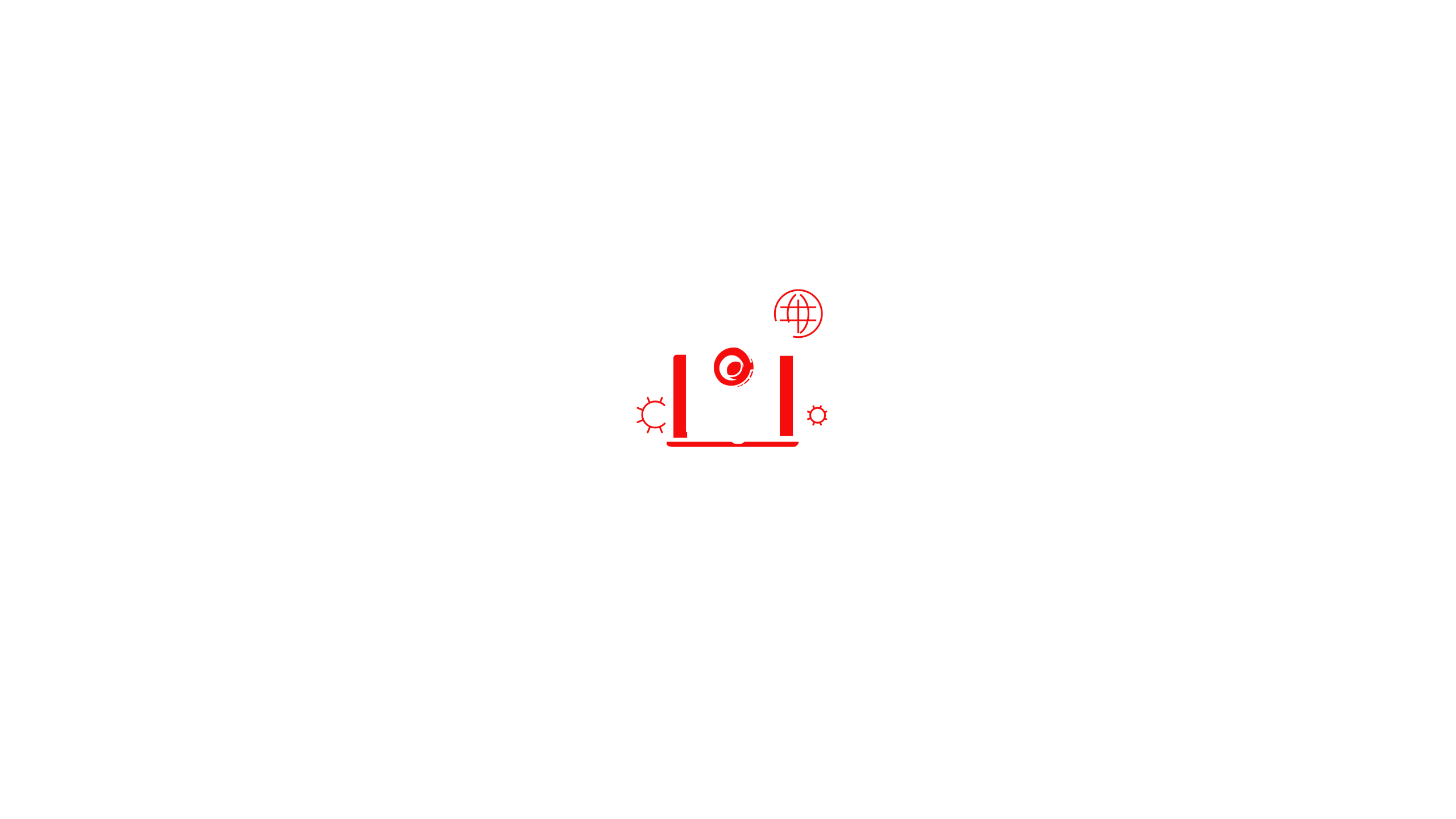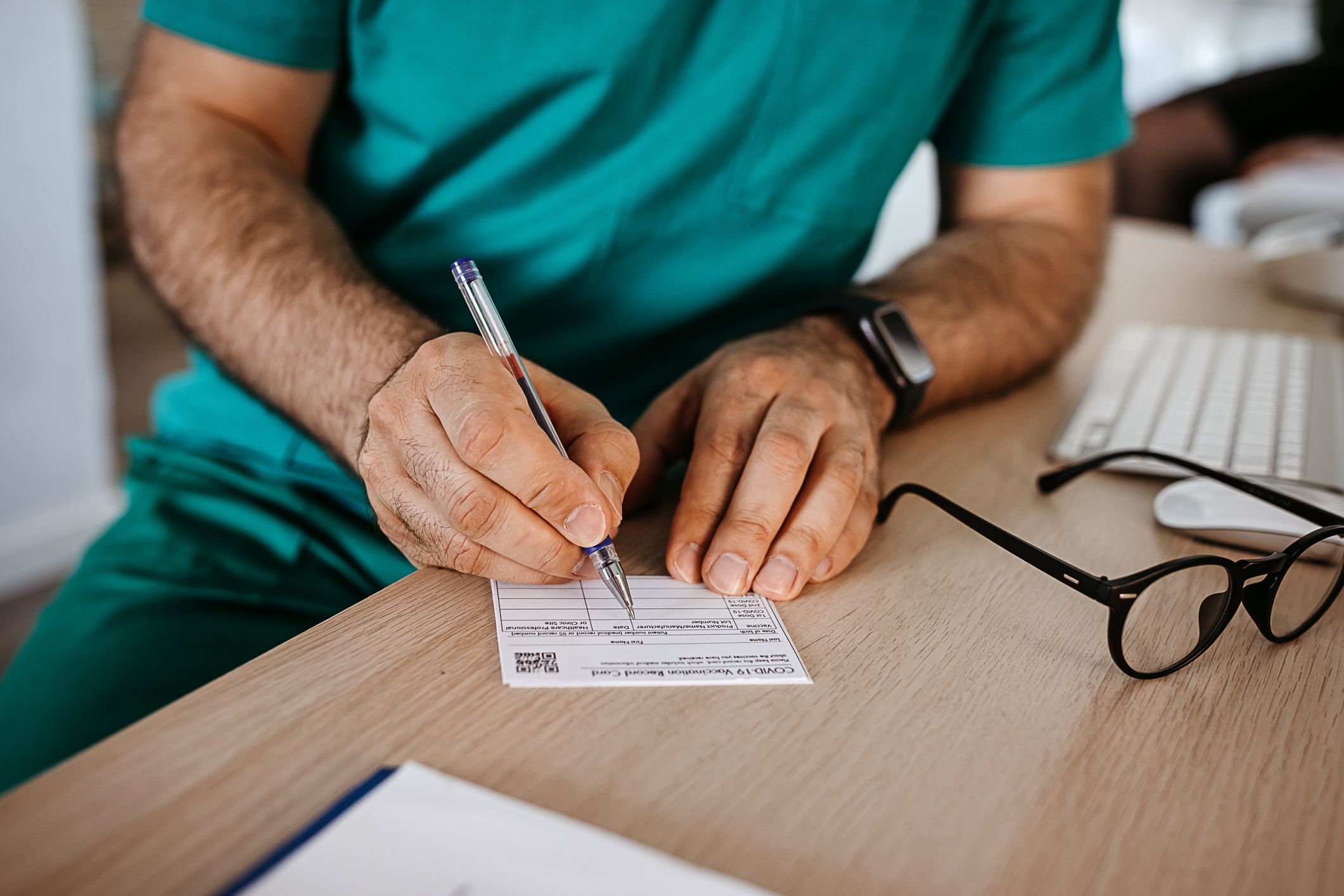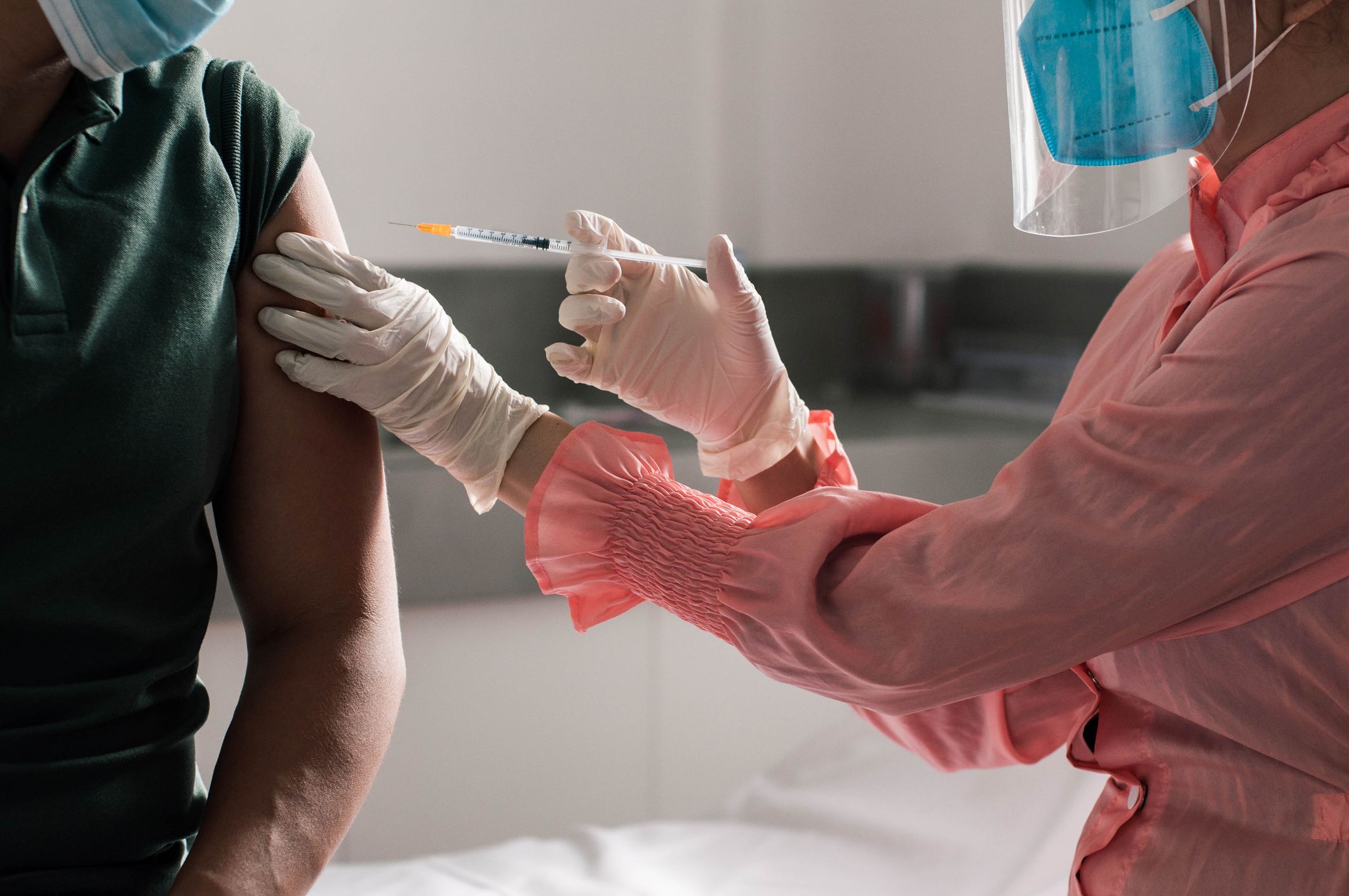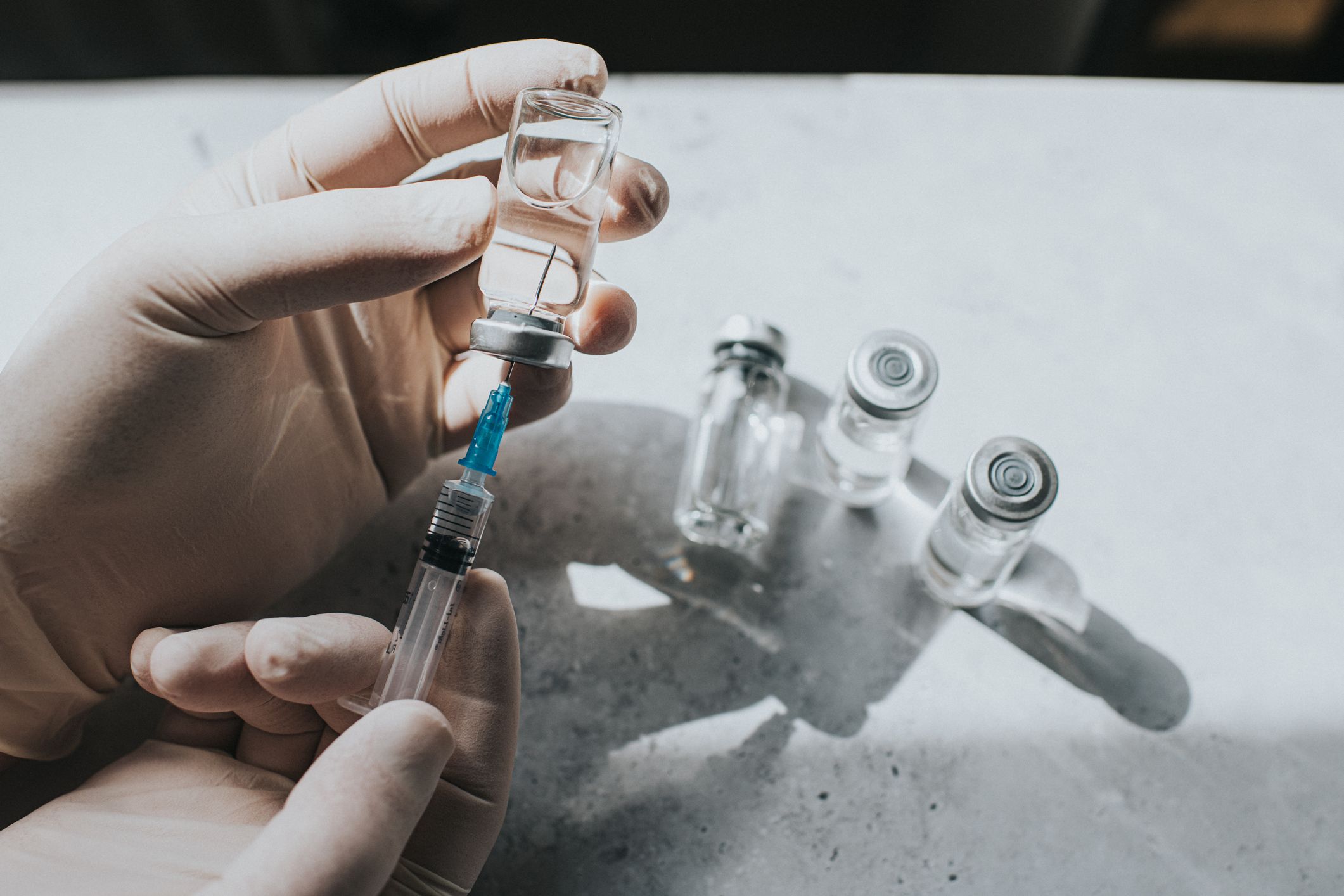

Got the jab … Now what?
Are you now free to live your life as you did before the pandemic? We’ve compiled important information you should know before you head out into the world.
So, you just got your Covid-19 jab. Congratulations! Now, before you go mask free and hug family and friends, there are a few things you need to know.
When are you fully vaccinated?
All the Covid-19 vaccines are considered effective at protecting you from getting sick, and research from the US Centre for Disease Control and Prevention shows that people who are fully vaccinated can now safely do certain activities that they previously couldn’t due to the pandemic.
You are considered fully vaccinated if you meet these two requirements:
1. It has been two weeks after your second dose in a two-dose series.
2. It has been two weeks after your jab of a single-dose vaccine.
If you don’t meet these requirements, regardless of your age, you are not fully vaccinated.

What are the possible side effects after vaccination?
Reported side effects to the Covid-19 vaccines have mostly been mild to moderate and do not last long. More serious or long-lasting side effects to vaccines are possible but extremely rare.
Side effects are considered normal and indicate that your body is building protection. However, they may affect your ability to do daily activities.
The likelihood and severity of side effects differ depending on what type of Covid-19 vaccine you get.
The side effects include:
· fever
· fatigue
· headache
· muscle pain
· chills
· diarrhoea
· pain at the injection site
Severe reactions include a longer duration of the symptoms. They also include swollen glands or abscesses at the injection site that may result in hospitalisation, high and prolonged fever or collapse.
How to relieve side effects
Before taking any medication to relieve side effects, speak to your doctor about taking over-the-counter medicine.
Depending on the severity of your symptoms, your doctor might recommend medicine such as aspirin, ibuprofen, acetaminophen or antihistamines to help with any pain and discomfort.
If you have no other chronic illnesses, these medications may relieve post-vaccination side effects. It is, however, not recommended that these be taken before vaccination.
Side effects after your second jab may be more intense, but this is considered normal.
In the rare case that you get an allergic reaction to the Covid-19 vaccine, you need to seek immediate medical care. When you get the jab, you’ll be asked to wait at a designated area at the vaccination site for 15 to 30 minutes. Should you start to feel ill or have an allergic reaction during that time, there are medical staff on site who will help you.

Can you get COVID-19 after being vaccinated?
Yes. According to the National Institute for Communicable Disease, you may still be at risk of contracting Covid-19, but the disease will likely be milder in comparison to those who are unvaccinated. And it seems the vaccines are also effective against Covid-19 variants, such as the Delta variant.
More evidence is still required to confirm whether Covid-19 vaccines protect against asymptomatic or mild disease. More research is needed for ironclad confirmation, but it’s believed that those who are vaccinated are also less likely to spread the virus.
So, even if you’ve had the jab, you still need to wear your mask, practice social distancing and wash or sterilise your hands regularly. While you’re now less likely to contract the virus, and your symptoms will be much milder if you do, there are still groups – kids, people with certain allergies, women early in their pregnancy, etc. – who can’t get the vaccine and are still vulnerable.
EXTRA SOURCES: CDC.GOV; NICD.AC.ZA.
